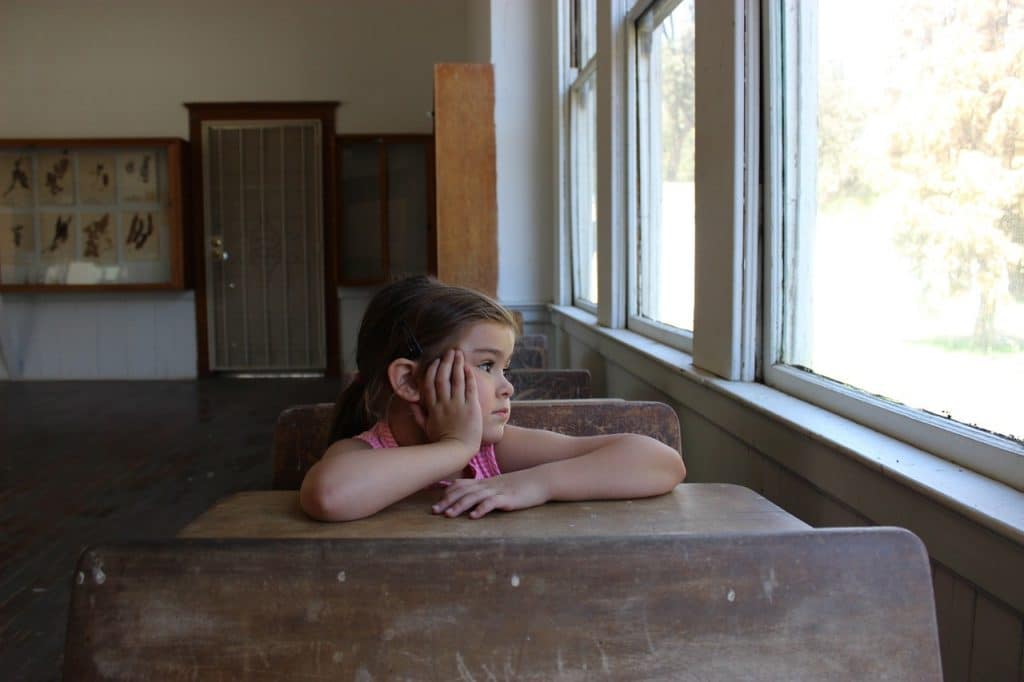Summary of Keypoints
- Divorce affects academic outcomes differently depending on family stability: Research shows children from previously stable families experience greater educational disruption after an unexpected divorce, while children from high-conflict homes may see academic improvement once conflict is reduced.
- Emotional and mental health challenges drive academic struggles: Divorce-related stress can lead to distraction, emotional distress, and higher rates of attention and behavioral disorders, all of which negatively impact learning and classroom engagement.
- Mental health support is closely tied to school success: Addressing a child’s emotional well-being at home and in school can improve focus, comprehension, and overall academic performance.
- Reducing conflict matters more than marital status alone: The research suggests that stability and reduced conflict—not simply staying married—are key factors in supporting a child’s educational success.
- Effective co-parenting supports academic resilience: Consistent routines, open communication, and a unified parental approach help children feel secure, allowing them to focus more successfully on school during and after divorce.
It’s widely known that divorce has negative effects on a child’s academic performance. However, it’s not always as black and white as that, since many factors come into play concerning that claim. Different situations breed different results, and it’s important to be aware of how we can mitigate the effects. Below, we’ll dive deeper into the effects of divorce on a child’s schooling, and what parents can do about them.
It hits worse for unexpected divorces
New research found that divorce shortens the academic career of kids who come from stable families more than it does those who come from already struggling families. Analysis published in the Proceedings of National Academy of Sciences found that children from families where divorce seemed unlikely but happened were “6% less likely than children of non-divorced parents to graduate from high school and 15% less likely to complete college”. In cases where divorce was unexpected, it became more disruptive for the child. Divorce among families that are expected to be stable (i.e. wealthy, educated, and with good family planning) is more of a disruption to the child’s life, which negatively impacts their academic performance. On the flip side kids from homes that were already high in conflict often do better after the divorce. The freedom from conflict allows them to excel. However, the takeaway is not that parents should focus more on their marriages than getting their children into college. Rather, the findings suggest that reinforcing stability among fragile families is an important part of helping a child through their education.
When mental health suffers, comprehension does too
What exactly causes a slip in academic performance for children experiencing parental divorce? For one, divorce weighs heavy on a child’s mind. The effect of divorce on children can create emotional distress and distraction, which makes it difficult for them to focus at school. Divorce Mag reports that children from divorced parents are more likely to suffer from ADD and hyperactivity disorders than those from families that are intact. Mental disorders such as these cause their learning and comprehension to suffer. The connection between education and mental health is becoming more widely studied, with Maryville University detailing how there is a demand for more psychologists who understand the correlation. And with divorce having such an impact on a child’s education, teachers need to be able to identify when their students are not participating in class, since this can be an indicator of problems at home. Once mental health is addressed in school and at home, this can lead to a child’s improved learning ability.
Co-parenting for your child’s success
So what can parents do to help? The takeaway from the multiple studies mentioned is not that parents should focus on getting their kids to college. On the contrary, parents should focus on fixing their own marriages and building a cooperative relationship. The findings suggest that creating a sense of stability among fragile families is an important part in ensuring that a child becomes educated. No matter the amount of tutors you hire, your child will be more responsive in school when their family life improves. This is why in our post ‘Co-Parenting 101’ we see co-parenting as an important aspect of families going through a divorce. It’s essential to have open dialogue and communication with your co-parent. Giving your children a consistent and unified front will help smooth the transition for them, and allow them to focus on other aspects of their lives such as their academic performance. Granted, co-parenting will not be easy. However keep in mind that this is what your children need in order to succeed in other aspects of their life during this trying time.
by April Franklin written for easterlingfamilylaw.com

